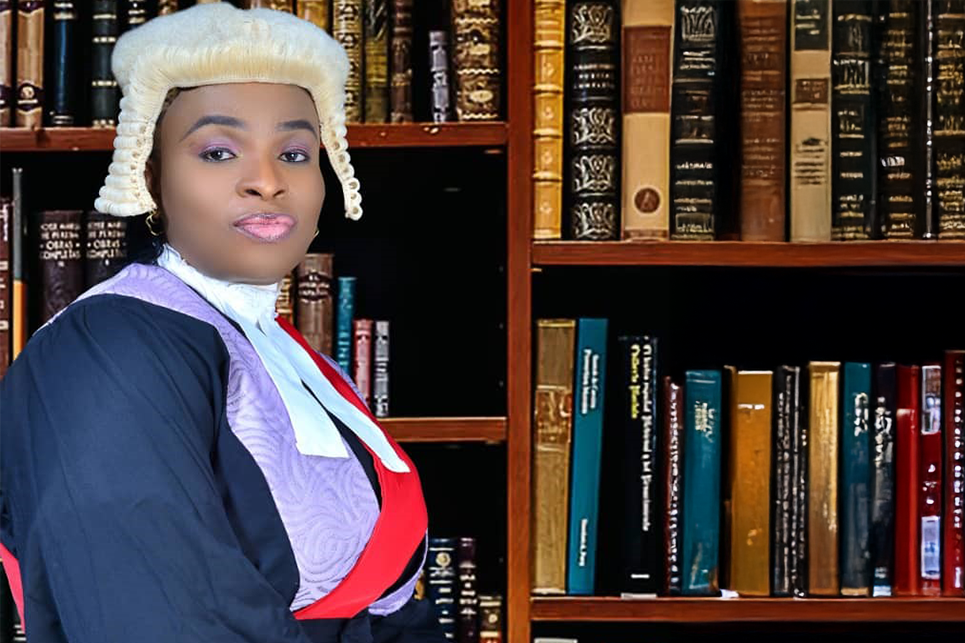The Stabilizing Force of Institutional Independence
By Judge Edith Mushore, Zimbabwe
Judge Edith Mushore is currently acting as a High Court Judge in Zimbabwe. Judge Mushore recently shared her views on judicial independence with UNODC as part of the Organization's on-going work to promote judicial integrity. All opinions expressed in this piece are solely those of the author as an external expert and do not necessarily reflect the official position of UNODC.
______________________________
The concept of judicial independence, in its theoretical sense, may appear to be a banal and non-contentious issue. However, when it is put into practice in the discharge of one's duties as a judge it becomes a loaded issue which is critical in the delivery of real and substantial justice. The reality is that the institutional independence of the judiciary goes to the very root of the ethical and constitutional obligation owed by a judge in exercising their duty of care to those parties who appear before them. It is essential, however, that the judge feels unencumbered by the possibility of negative consequences which may flow from the decision which they may make.
This is where security of tenure plays a pivotal role in assisting a judge in coming to a determination without fear of penalty, censure or sanction. In Zimbabwe, as in most constitutional democracies, security of tenure is enshrined in the Constitution; it is provided that neither the state, nor any institution, agency or person may interfere with the functioning of the courts. At the same time, there is a duty arising from the Constitution for a judge to continuously behave in a manner which presents the judiciary as being beyond reproach.
The state of judicial independence in Zimbabwe came under enormous public and international scrutiny recently, both during and in the immediate aftermath of the parliamentary and presidential elections. The stakes were at an unprecedented high, as the notion of democracy had taken reign in the electorate after 37 years. The highly politicized environment apparent in the country bore down an intense need for Electoral Court and Constitutional Court judges to acquit themselves with an exemplary level of independence and transparency. Any perception by the citizenry that the judiciary was pressured by the executive branch or biased toward any contesting parliamentary candidate was a possibility for spontaneous unrest potentially capable of destabilizing the country.
This is where the concept of decisional independence became a key and necessary survival tool to lean on whenever the enormity of the responsibility of upholding the rule of law became overwhelming. Taking a leaf out of the Bangalore Principles of Judicial Conduct, and remembering that my tenure was auspiciously guarded by the Constitution as a Judge of the Electoral Division in the High Court, I was able to rely on the foundation of decisional independence and knew that by applying the facts to the law neither I, nor my decision, would invite either sanction or penalty. After all, what better way can there be for the independence of the judiciary to become manifest, than utilizing the law to defend a judicial decision. Ultimately, the common and primary denominator underpinning the realization of judicial independence, is the law itself.


